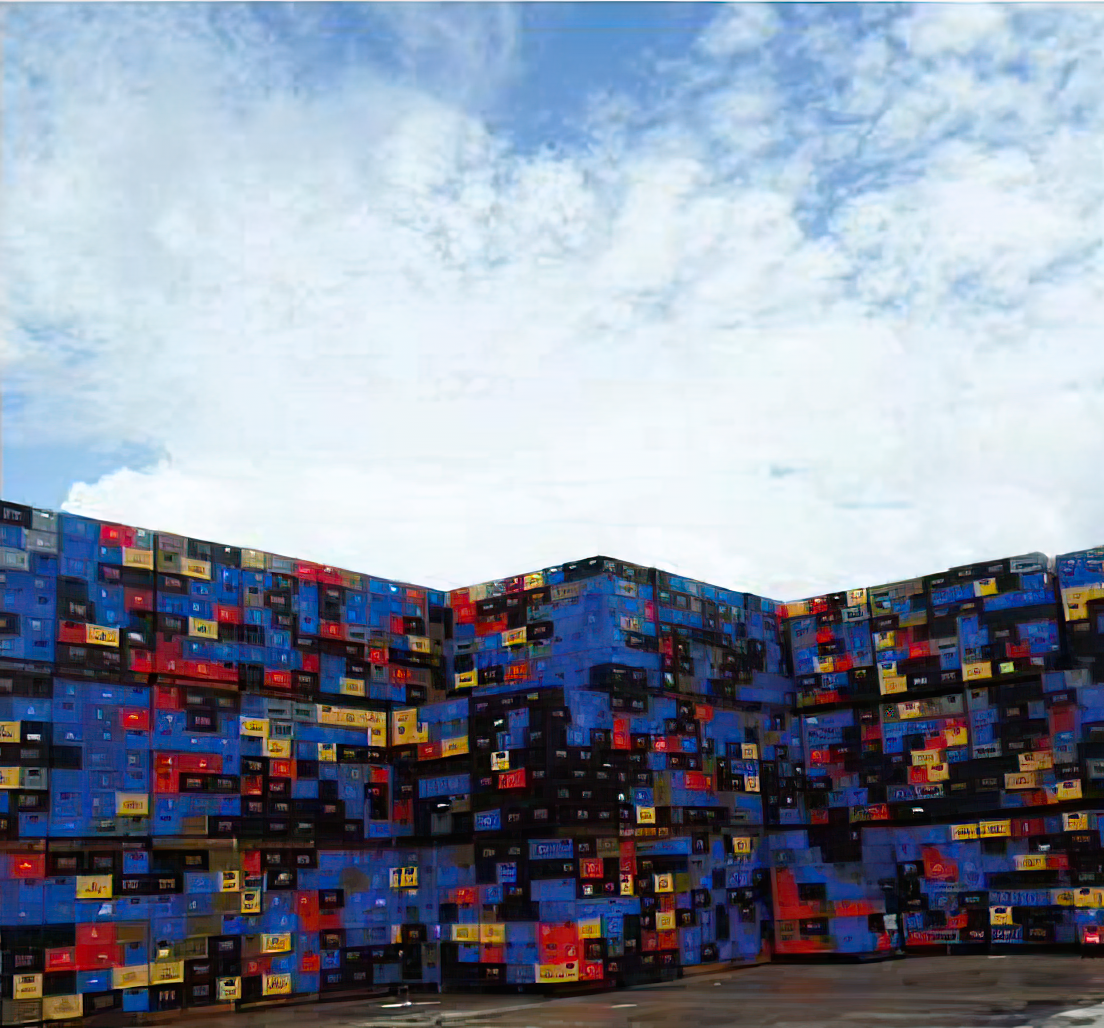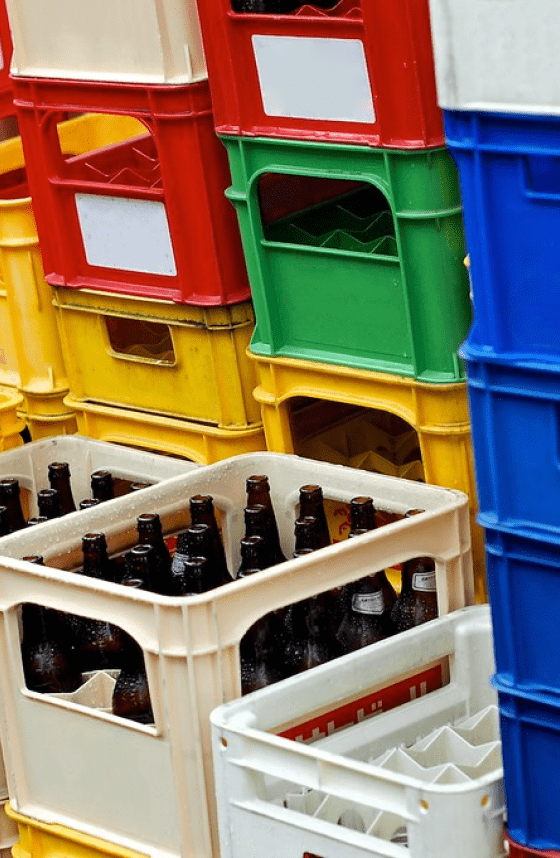

SUSTAINABILITY
While carefully managing our core business, we are focused on embedding sustainability in our business strategy and planning. The sustainability of our legacy and growth as a company depends, not only on our profits, but the social footprints we leave behind.
One of the primary platforms for sustainability at CARIB Brewery is our returnable bottle and crate system. This is in operation across all our breweries in the Caribbean and the model ensures that bottles are collected and returned for reuse or recycling.
By reusing bottles and crates, we reduce the consumption of raw material and the energy used to produce them. The end result is a significantly reduced carbon footprint.
We also encourage our employees to be ‘glass recycling ambassadors’ by ensuring that they understand the benefits and impact of recycling. This has empowered them to go out into the wider society and enrol others to understand the environmental benefits and economic opportunities created by glass recycling.
In Trinidad, CARIB Brewery’s fleet of trucks comprises 184 vehicles, of which about 50% have been converted to use Compressed Natural Gas (CNG), helping further reduce carbon emissions.
The future of sustainable alternatives in our brewing process is high on the agenda for all our breweries. We aim to design economically-sound processes throughout the value chain, working to reduce waste and engineer better outcomes for our business and more value for our customers.



WASTE NOT,
WANT NOT
The company launched the “Save The Earth” campaign which educates consumers about the benefits amassed when they Return, Redeem and get a Refund for empty bottles of Carib, Carib Light, Stag, Heineken, Mackeson, Shandy Carib, Ginseng Up, Carib Malta and Guinness Foreign Extra Stout. Customers can expect a refund of TT30 cents per bottle and TT $2.80 each for plastic crates.



HEALTH & SAFETY
As a member of the ANSA McAL Group, we are committed to the safety, health and protection of our employees, customers, suppliers, communities where we operate and the environment

To ensure we achieve our goal of no accidents or injuries and no harm to the environment,we will conduct our business in a manner that is consistent with the ANSA Mc AL Group Health, Safety and Environment (HSE) Guiding Principles.

CARIB Brewery will do so by establishing business objectives that promote sustainable improvement of our safety performance and leadership in the industry.

Continual improvement of our occupational health & safety and environmental performance by setting achievable objectives over the short, medium, and long term

Sustainable Future
The future of sustainable alternatives in our brewing process is high on the agenda for all our CARIB Breweries. It is also a growing agenda for all of our other manufacturing facilities. By 2024, we expect to supplement most of our electricity needs with the use of solar energy and to reduce our emissions by over 50 percent.
Many of the raw materials we currently use are imported, so we also have an objective to reduce this dependency by partial and/ or total local and regional substitution. For example, using raw materials like cassava to supplement imported corn syrup. This will help create a positive agricultural impact on local farming, create additional employment, and lower our carbon footprint.

Families don’t just exist to create and generate profit and return; families are looking to pass something on in a meaningful way to future generations. This is an interesting new area for us and a steep learning curve, but we will achieve this through the development and implementation of a group-Wide sustainability framework aligned to the UN's Sustainable Development Goals (SDG's).
In the first instance, this will cover 2020-2023. We will continue to reduce operating costs through materials, energy, and waste reduction, and continue identifying and reducing previously unseen risks in the global supply chain. Our goal is to promote a profitable business for our shareholders that generate value for our customers, and continues to promote regional, national, and international sustainable development.”








